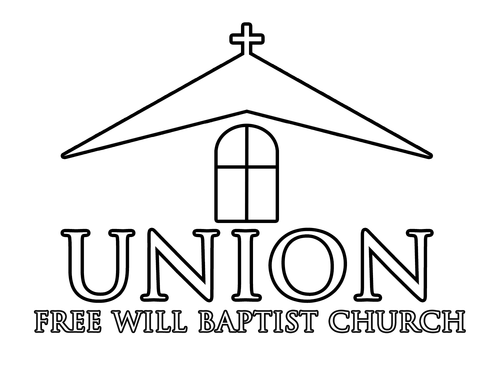Wrestling With God
Jacob, grandson of Abraham, was named Israel after he had wrestled with God (Gen32:28). This name is a combination of the Hebrew words for "wrestle" and" God". Because (sareta) you have wrestled with God and (‘el) with men you will be called yisrael.
There are other interpretations of what "Israel" means, but the context in Genesis 32 strongly supports the meaning "he struggles with God" (see also Hosea 12:3–4). This choice suggests to us that, in His infinite wisdom, God wanted His people to be known as "strugglers."
It seems that it’s important for Christians today, living in the period between the present age and the age to come, to remember that as the true Israel of God (Romans 2:28–29; 4:11–12; Galatians 6:12–16), we inherit the name originally given to Jacob: we are "strugglers." Isn't that an accurate description of the Christian in light of the fact we live in an "already/not yet" tension in this life? Like Jacob, Christians are called to be strugglers — to wrestle with God and with humanity and to overcome (Hosea 12:2–6).
But what does it mean to struggle with God? First and foremost, it means grappling with the providence of God. The tension between the "already" and the "not yet" signifies that Christians live in a world marred by sin, a world affected by sin and inhabited by sinners. Illness, disease, famine, and natural disasters are consequences of a world not yet renewed. Similarly, lawlessness, violence, terrorism, and war stem from living among sinners who have not yet been transformed or may never be.
Christians must struggle with these consequences under God’s providence. However, our struggle is never against God. Despite what we might see as the severity of His providence, we must not fight against Him or express anger towards Him as if He has deserted us. There are many times in the Christian life when we do not understand God's actions. We may question why bad things happen to us. In this broken world we find ourselves wrestling with what we should do when faced with a broken marriage, a wayward child, a devastating diagnosis, or a life-altering accident? What should we do when a natural disaster destroys our home, business, church, and community? The answer is always to struggle with God.
Isn't this what Job did? Despite all the dark events in his life, Job struggled, and like Jacob, he did not let go. He wrestled and prevailed, even against opposition from those closest to him. (Job 2 thru 6)
This holds true for us as well. No matter how dark our paths may become, no matter how ominous the clouds overhead, we, like Job, must strive with all our might and hold on until the dawn breaks — and it will break. We must echo Jacob’s words: "I will not let you go until you bless me."
Yet, struggling with God’s providence isn’t about joyless endurance or senseless pain tolerated until it ends. It’s about trusting God amid hardship and finding contentment in what He has sent our way, knowing that He truly intends all things for our good and His glory. This is what it means to struggle well.
Secondly, struggling with God means struggling alongside Him. The tension between the "already" and the "not yet" indicates that Christians are still sinners. Although we are not what we used to be, we are also not yet what we will be. We have been made new in Christ, but we are not yet perfected. Thus, the Christian life involves struggling with the sin that remains within us (see Romans 7:15–25).
We must strive to put sin to death and pursue holiness and righteousness, but we do this by the power of the Holy Spirit (Romans 8:12–14; Philippians 2:12–13). Paul tells us to strive because God is striving within us. We are to struggle together with God against our sin and against the evil one, and in this struggle, we must not relent. We must hold on until the dawn breaks and the shadows flee. We, like Jacob, must struggle all night long and prevail.
And most of all, we wrestle with God in our prayers, persistently crying out to Him for ourselves and for others. Just like wrestling, there is no detachment or apathy; it requires direct contact with Him – we are fully engaged. We learn from Jacob, Moses, David and others in Scripture that this is how they struggled with God, leading to transformation and a deeper understanding of God. Praying in faith and submitting our will to His.
The conclusion is that Christians living between the times should expect to wrestle with challenging providences of our God and against a sin-filled world and the Evil One. The presence of a struggle should be less concerning than the absence of one. Living between the times means we will struggle, but we must learn to struggle well. We must not let go until He blesses us!
Lord, we acknowledge that You alone are the true and living God, a God who desires to interact with Your people. We thank You for Jacob's face-to-face encounter with You. We praise You for the incredible love that allows us to strive with You - not against You – as we cry out to you in our need. We patiently await the daybreak when we shall be blessed by the light of Your presence and the peace which overcomes the world. In Jesus' name. Amen.
Credit: Ron Kelley
Recent
Archive
2025
March
May
2024
February
2023
March
April
May

No Comments